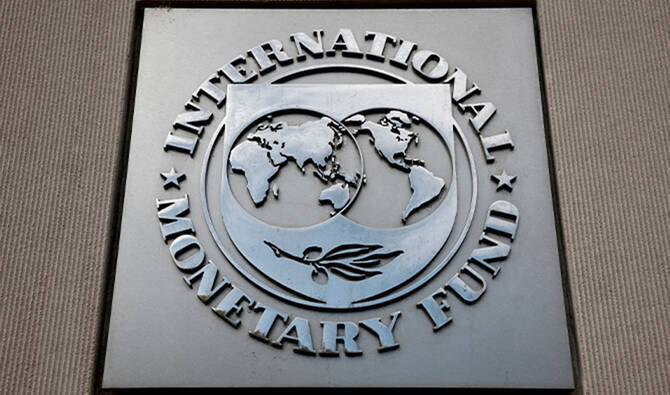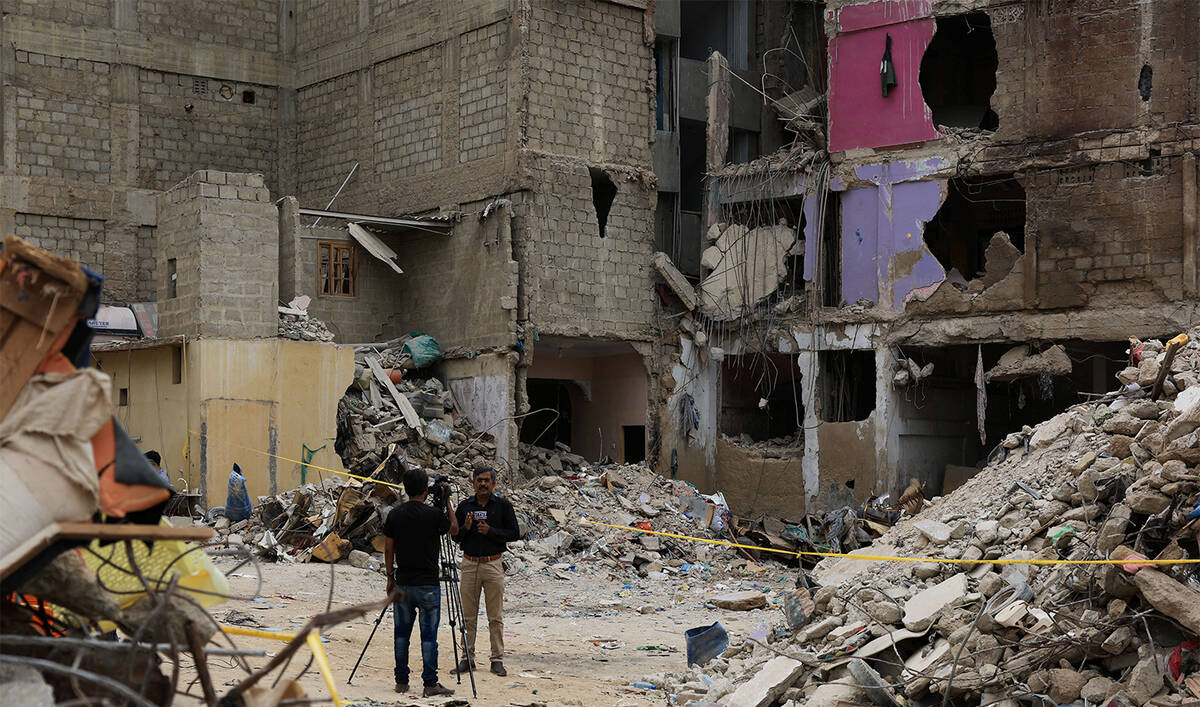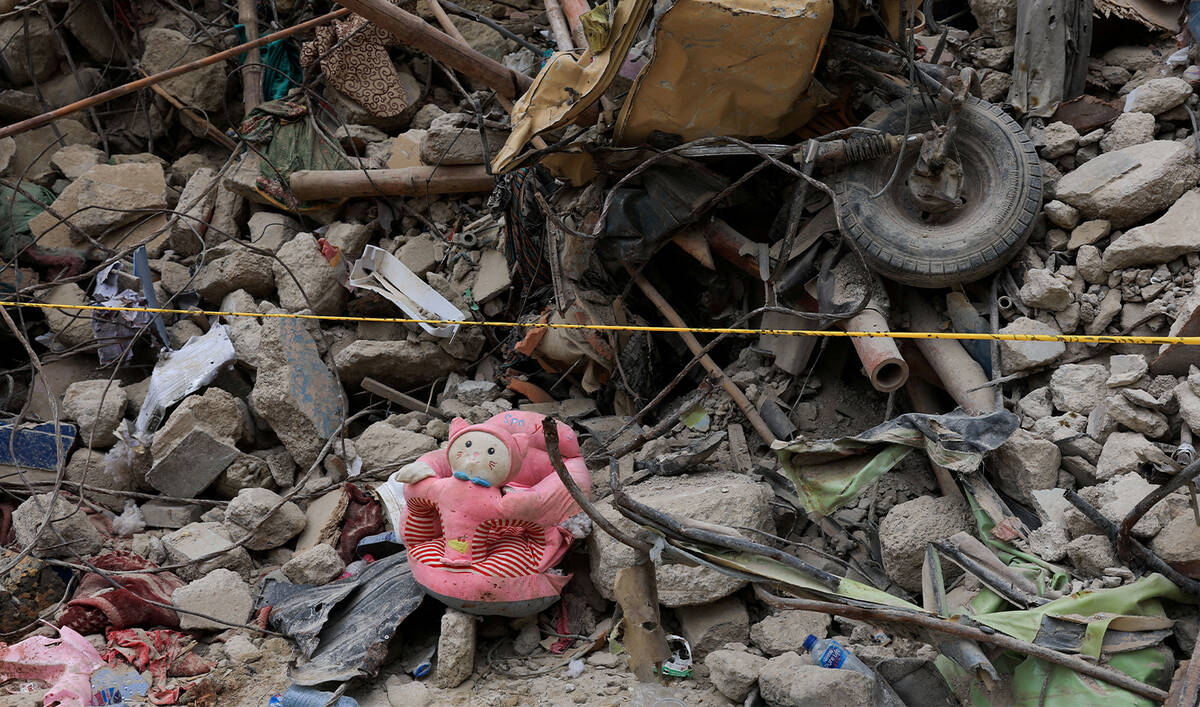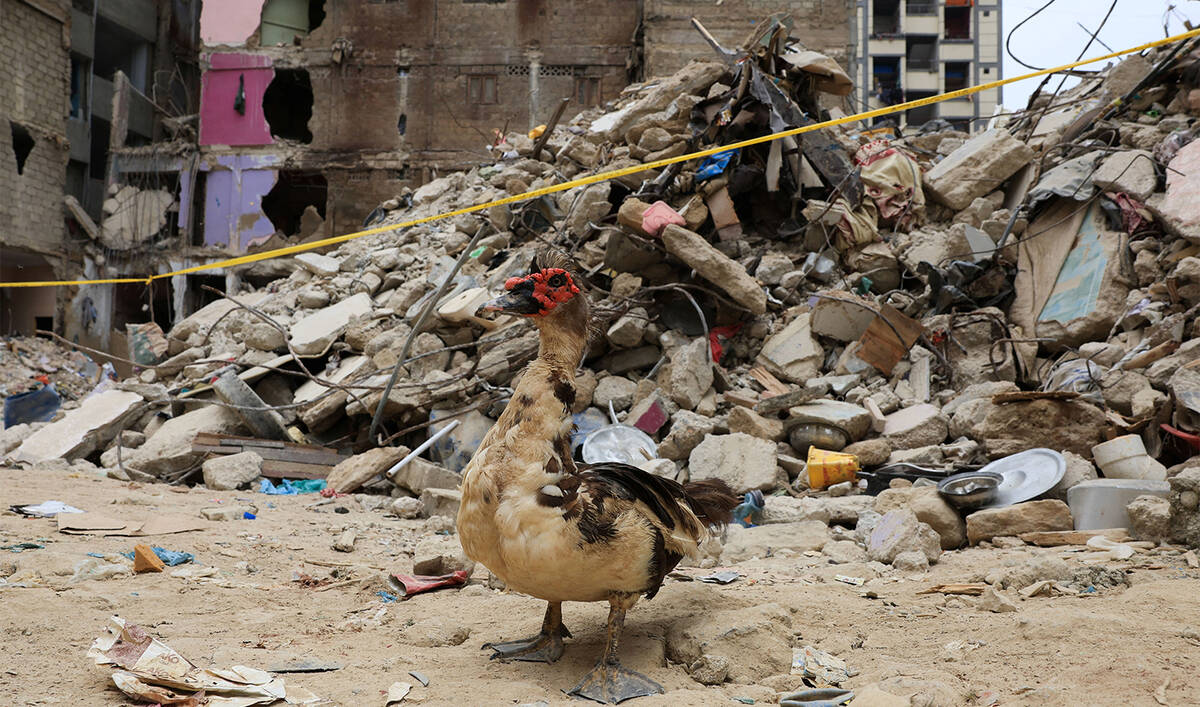KARACHI: The International Monetary Fund (IMF) is likely to release the first tranche of its $1.4 billion climate resilience loan for Pakistan “in about six months,” a source with direct knowledge of the development told Arab News on Thursday.
The IMF last Friday approved a fresh $1.4 billion loan to Pakistan under its climate resilience fund and approved the first review of its $7 billion External Fund Facility program, freeing about $1 billion in cash.
The Washington-based lender is expected to start the Resilience and Sustainability Facility (RSF) funding for Pakistan along with its second review of Islamabad’s EFF program, the source disclosed on condition of anonymity as they are not authorized to speak to media on the matter.
“With the second review of the EFF, if the [IMF] board approves then they [Pakistan] might get the first tranche of the RSF, ” the source said, adding that the next EFF review is expected to take place “in about six months.”
“For climate financing, nothing will be disbursed now,” they added.
Pakistan’s finance adviser Khurram Schehzad said the climate loan is not a “one-off payment.”
“The RSF fund will be released gradually over the next 28 months, which is linked to the implementation of 13 KPIs (key performance indicators),” the official told Arab News.
He did not elaborate how much the global lender would release as part of the first tranche.
The RSF will support Pakistan’s efforts in building economic resilience to climate vulnerabilities and natural disasters. The South Asian country has been consistently ranked as one of the worst affected countries due to climate change effects.
In 2022, Pakistan was devastated by flash floods triggered by unusually heavy rains and the melting of glaciers. The catastrophe killed 1,700 people, displaced more than 30 million others and damaged crops and infrastructure worth $30 billion.
That forced Pakistan last year to request the IMF for the RSF fund to address its vulnerability to climate change.
The IMF on May 9 approved the much-awaited climate loan for Pakistan and disbursed the $1.02 billion as its first tranche under the EFF program on May 13.
The Washington-based lender is scheduled to hold its second EFF review of Pakistan’s economic performance on Sept. 15, Sana Tawfik, the head of research at Arif Habib Ltd., said, citing the IMF’s Pakistan Country Report 2024.
When asked if the next IMF review will be delayed, the source replied in the negative.
The RSF funds are crucial for Pakistan as its dwindling foreign exchange reserves rose to $10.3 billion last week. This amount does not meet the IMF’s three-month import cover threshold requirement.
In its monetary policy statement on May 5, Pakistan’s central bank said delays in the realization of official inflows coupled with “large debt repayments” weakened net financial inflows into the country till March.
Pakistan, which narrowly averted a sovereign default in 2023 after a last-gasp IMF bailout package, owed about $26 billion debt repayments this year ending June. While most of its foreign debt has been repaid, the country still relies heavily on the IMF’s funds to keep its balance of payment position in check.
The central bank expects the country’s foreign reserves to increase to $14 billion by June “on the back of the expected realization of planned official inflows.”
“This build-up in FX reserves to continue in FY26, based on a moderate current account deficit and improved financial inflows,” the SBP said in its statement.



















